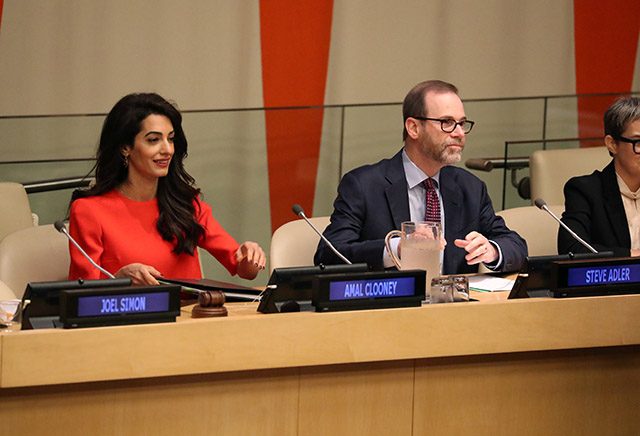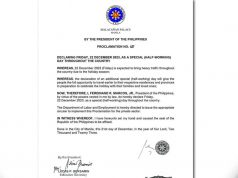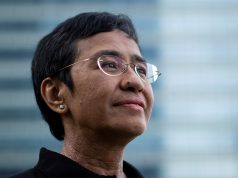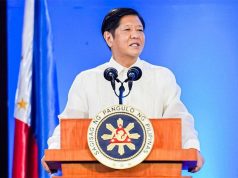
Around the world, journalists—not marketing practitioners or campaign experts—are the ones being accused and, in some cases, being imprisoned over so-called fake news.
The United States-based Committee to Protect Journalists, on the sidelines of the United Nations General Assembly last Saturday, cited high-profile cases of reporters put behind bars for “fake news” charges.
The case of Julie Alipala
News correspondent Julie Alipala wrote a story on September 15 about the deaths of seven young Tausug men in Sulu who just sought to harvest fruit trees from a farm there.
Days later, some Facebook fan pages branded Alipala as a paid propagandist and accused her of defending the militant Abu Sayyaf terrorists. The post had since been deleted.
The National Union of Journalists of the Philippines, however, was able to take a screenshot of the post and called out those behind the page named Huwag Tularan for putting Alipala’s life at risk.
“Our colleague’s life is endangered by the irresponsible claim and criminal act of the creators and administrators of this social media group,” the NUJP shared on its official Facebook.
Deliberate, organized disinformation
Filipino journalists are sometimes branded as peddlers of false information or fake news due to stories that oppose or are highly critical of governments’ policies and statements.
At least one study found, however, that organized efforts to spread misinformation in favor of businesses and political aims are led by advertising and public relations executives.
Communications scholars Jonathan Ong from the University of Massachusetts and Jason Cabañes from the University of Leeds sketched a blueprint of how social media have been gamed in the past few years using “click armies,” “digital black ops” and “signal scrambling” techniques for political clients.
“Tasked to translate core messages, these anonymous influencers and fake account operators weaponize their fluency with the popular vernacular in covert digital operations designed to mobilize populist public sentiment,” the researchers wrote.
The study was funded by the British Council and the Newton Fund Grant through a global consortium of scholars researching on digital technologies in developing countries.
Disinformation is “false information deliberately and often covertly spread (as by the planting of rumors) in order to influence public opinion or obscure the truth.”
It differs from misinformation, which refers to information that is unintentionally incorrect.
Ong and Cabañes also found that everyone involved in the “disinformation hierarchy” is paid, except the people whom they call as grassroots intermediaries or a client’s fan page moderators and opinion leaders.
Their report argued that the problem is more complex than the mainstream understanding of it, hence, it will not be solved simply by exposing fake accounts, penalizing bloggers and blocking fake websites.
Threats to journalists
During the UN event, members of the CPJ denounced the imprisonment of journalists in many parts of the world, specifying Myanmar, Bangladesh, Egypt and Kyrgyzstan.
There were three panelists in the discussion on global press freedom—CPJ executive director Joel Simon, barrister Amal Clooney and Reuters editor-in-chief Stephen J. Adler.
Clooney, known in entertainment circles as the wife Hollywood A-lister George Clooney but is also an accomplished international lawyer, represents the two Reuters reporters who were arrested in Myanmar. It was on that panel that Clooney first addressed the case in public.
Meanwhile, Simon spoke about four other journalists and human rights activists detained in Bangladesh, Kyrgyzstan and Egypt.
In 2017, the CPJ recorded a total of 262 jailed journalists in the world and 52 percent of them were due to reporting on human rights abuses.
“The jailing of journalists around the world is successfully censoring coverage of key global issues and violating our collective right to seek and receive information vital to public understanding,” Simon said.









